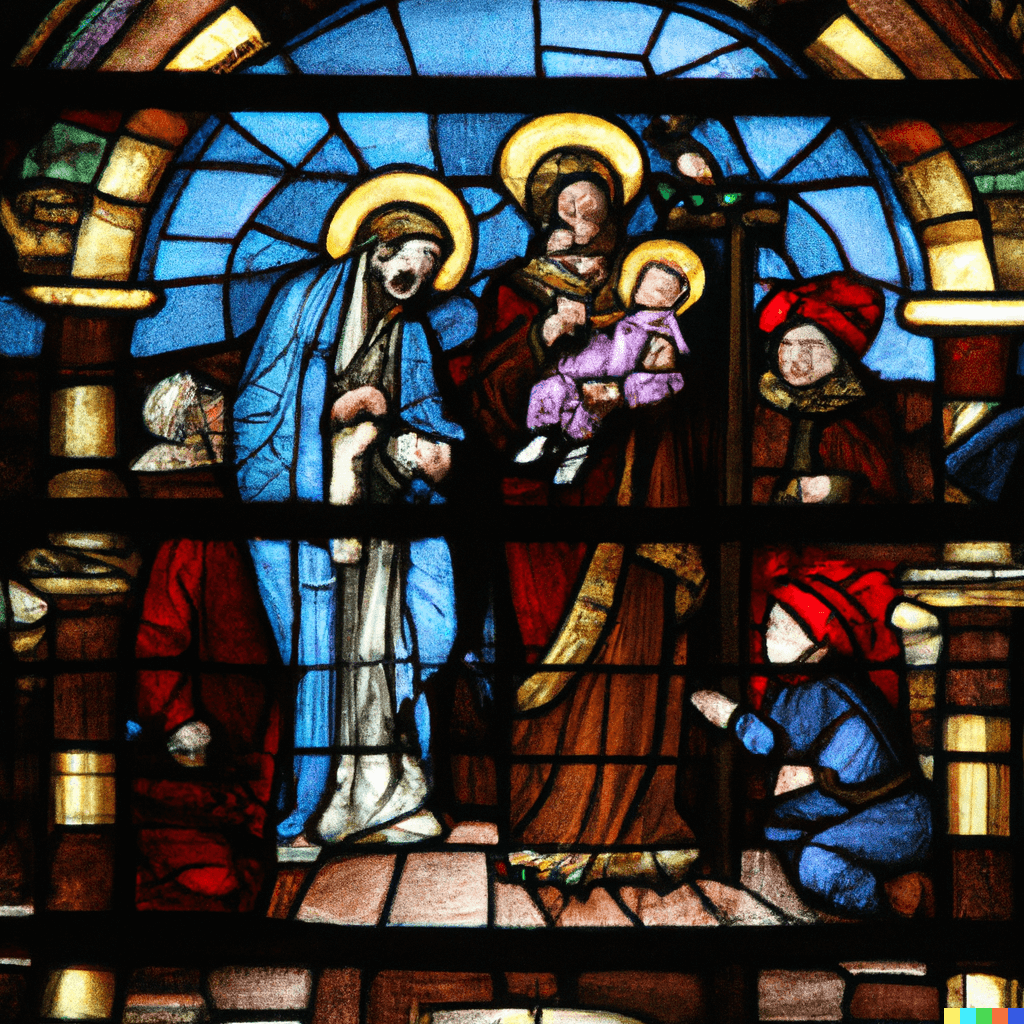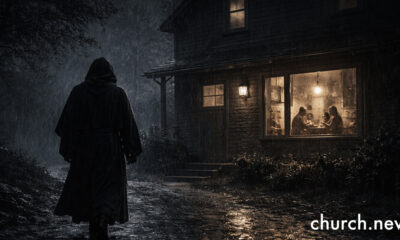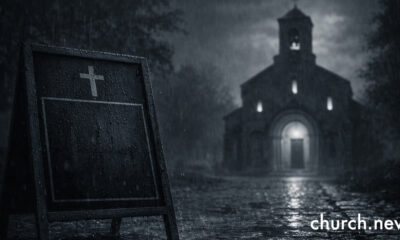A Catholic church in Grand Rapids, Michigan, is contesting a state civil rights law at the U.S. Court of Appeals for the 6th Circuit. The church is apprehensive that this law might infringe on its religious rights regarding gender and sexuality matters.
Sacred Heart of Jesus Parish is seeking to prevent the state’s legal body from leveraging the Elliott Larsen Civil Rights Act, which might oblige the parish to employ individuals who disagree with Catholic perspectives on gender and sexuality. This plea comes after a lower court dismissed the church’s initial lawsuit.
While the state’s legal office has taken no formal actions against the parish, concerns arise due to recent changes in the law’s interpretation by the Michigan Supreme Court.
The law, established in 1977, underwent a significant interpretation in July 2022. It was then asserted that gender-based discrimination also encompasses discrimination stemming from sexual orientation or gender identity.
Christian Healthcare Centers, another entity challenging the state over this law, has also approached the same appellate court for recourse. Both these bodies are being defended by the Alliance Defending Freedom.
ADF’s senior representative, John Bursch, emphasized that Michigan officials ought to respect the religious liberties of organizations. He further highlighted the longstanding services of both entities to their respective communities.
The parish has expressed concerns that this fresh interpretation could tag its codes of conduct as “discriminatory.” This code necessitates employees to align with Catholic views on homosexuality and transgender matters.
Moreover, Christian Healthcare Centers worries that the new interpretation could compel them to hire individuals not adhering to Christian principles on sexuality. Additionally, they may be obliged to support gender transitions and use specific pronouns inconsistent with biological identities.
However, District Court Judge Jane Beckering dismissed these concerns. She stated that existing laws protect religious freedom and found no evidence indicating the state’s intention to curb religious liberty with this law.
Michigan’s Attorney General, Dana Nessel, lauded the court’s decision, emphasizing that the state’s laws account for religious freedoms. However, critics point out instances from her tenure where she seemed to challenge religious institutions.

 Saints2 years ago
Saints2 years ago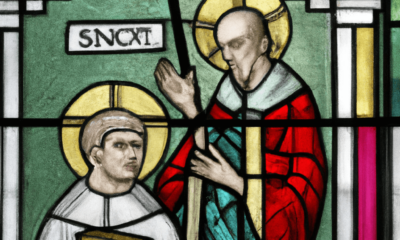
 Trending2 years ago
Trending2 years ago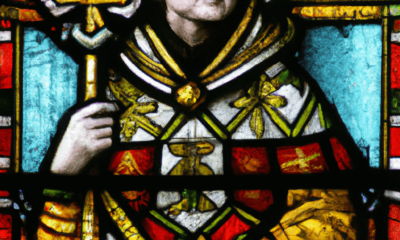
 Saints2 years ago
Saints2 years ago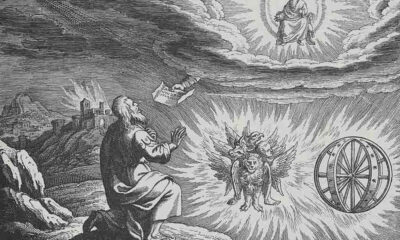
 Trending2 years ago
Trending2 years ago
 Live Church2 years ago
Live Church2 years ago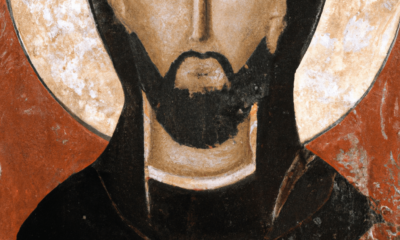
 Saints2 years ago
Saints2 years ago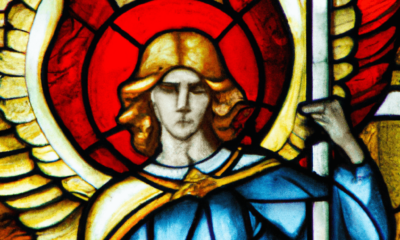
 Prayers2 years ago
Prayers2 years ago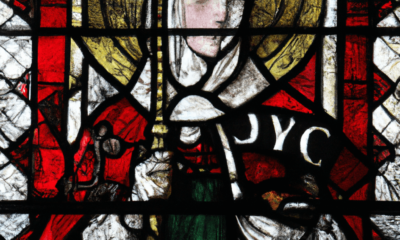
 Saints2 years ago
Saints2 years ago
